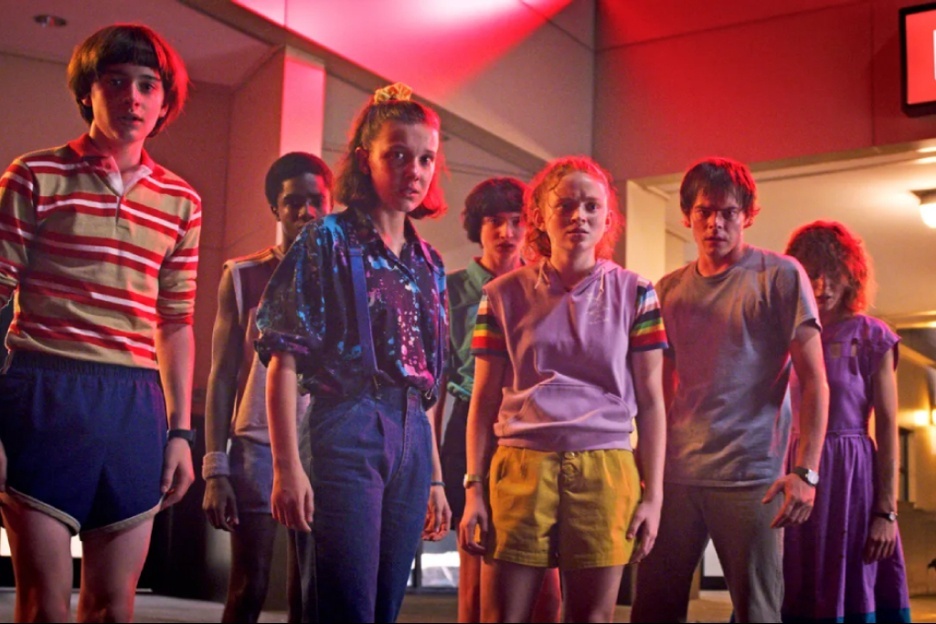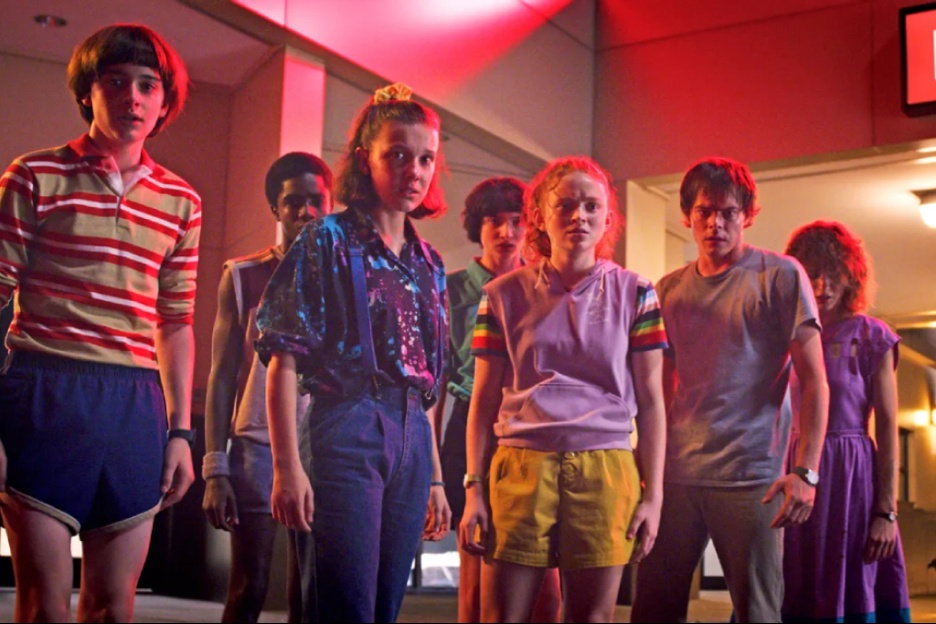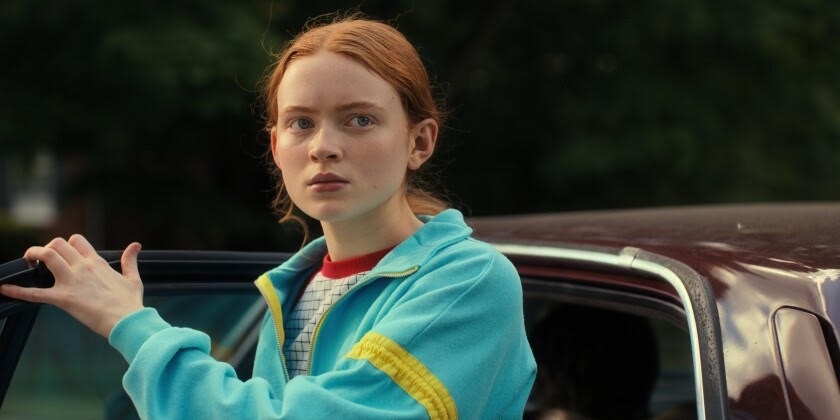Obsessive Compulsive Disorder (OCD) as displayed in Stranger Things

In 2022, fans of the Netflix series Stranger Things enjoyed the rush of another season filled with the drama of dark forces, broken flashbacks, gruesome murders, and unfathomable teenage heroism. Viewers who were around in the 1980’s also can appreciate the throwback nostalgia of the synthesized soundtrack, neon-lit shopping malls, and poofy hairstyles.

Photo credit: Junkee
Probably without intending to, the fourth season of Stranger Things also illustrates some really important aspects of OCD – in particular with regard to mental rumination and racing thoughts. People dealing with OCD and anxious rumination frequently report getting “stuck” in cyclical thoughts. They describe negative thought patterns that they can’t think their way out of, and that affect their ability to stay present, focused, and positive. Others also clearly recognize that the cycles are exaggerated and catastrophic, not representing anything they actually believe or know to be real.
One important tool that we discuss in treatment is to focus on our five senses. This way, it helps to ground our attention and focus on the present moment – here and now. This is an incredibly important buffer against the powerful allure of compulsive thoughts and rumination, which can drag us into our own fearful fantasies of rejection, guilt, sickness, violence, complete breakdown, or even death (all common core fears with OCD).
These types of anxious thoughts can be thought of as getting pulled off the road away from the path we’re trying to stay on (the path of our actual lives in reality). Once we divert away from reality, we can get stuck in our imaginations, trying to mentally wrangle with “what if” scenarios in a way that almost seems real.
However, the challenge is that mental rumination is a trap.
We might think that we can try to reason our way out or find a way to put the feared thought to rest. However, the more we try to do that, we can become increasingly more doubtful of ourselves, our own judgment, and our senses of reality. In turn, we can end up depending on seeking reassurance from others for things that we otherwise know to be true.
This is phenomenon is perfectly illustrated by the character Max’s struggles in Season 4 of Stranger Things.
*MINOR SPOILER ALERT*

Photo credit: Los Angeles Times
Max, played by actress Sadie Sink, is a teenage girl faced with the threat of demise via the possession of her mind. She is vulnerable because she is suffering from symptoms of Posttraumatic Stress, wrestling with survivors’ guilt, and is distancing from those closest to her. As a result, she becomes a prime target for her mind to be taken over and swept into a dark dimension to face her worst fears.
When this first begins, Max spends some time in that imaginative space – stuck in fear and doubt, unable to extract herself back to reality. She is aware that the place she is drawn into is not grounded in her present moment experience. However it feels just as real, and once she is visually and emotionally engaged in this alternative world, she finds herself trapped there.
This is very similar to what is often referred to as the “OCD Bubble,” a ruminative space in one’s imagination that we can easily get sucked into where trying to think or reason our way back becomes harder and harder. Once inside, our efforts to escape (e.g. by trying to answer our doubts or apply logic to “solve” a problem) seem helpful, but can actually end up pulling us in deeper. This is the trap of mental rumination, at times referred to as the “Pure O” form of OCD.

Photo credit: Netflix
Fortunately for Max, she discovers a tool that can protect herself from getting sucked into that mental space of terrifying danger and desperation: listening to music.
In her case it’s specifically the song Running up that Hill by Kate Bush. Max finds that if she repeatedly listens to this song on her walkman (a common portable device used in the 1980’s to play music on cassette), it has a grounding effect. If she is able to maintain her attention on the song, which she is hearing in the present moment, it keeps her mind from going to her imagination, which is dominated by fear and doubt.
In treating OCD, we often refer to grounding skills and illustrations to help sufferers maintain their attention in the present moment. Thoughts of doubt and anxiety set our minds off on a course into our imaginations, and can trick us into believing they are real – or at least potentially real enough to warrant significant attention (in the form of mental rumination or behavioral compulsions).
These are concepts discussed in the Inference-Based Approach or Inference-Based Cognitive Behavior Therapy (I-CBT) for treating OCD. They can be also helpful for other mental health issues such as depression, thoughts of self-harm, and social anxiety – many situations in which a sufferer may be stuck in a pattern of mental rumination.
While Max is able to find some success staying in reality in lieu of being sucked into an alternative mental world based on fear, she is presented with some tough choices through the course of the season. Whether the “real” world centered on Hawkins, Indiana prevails, or the dark forces of the underworld remains to be seen in the fifth and final season of Stranger Things.
If you relate to Max’s character, or are interested in seeking help for OCD, anxiety, and ruminating thoughts, contact us to see how we might be of help.

Martin Hsia, Psy.D. is the Clinical Director of CBT SoCal, and specializes in helping people with OCD, Anxiety, and Insomnia in Glendale, CA.
